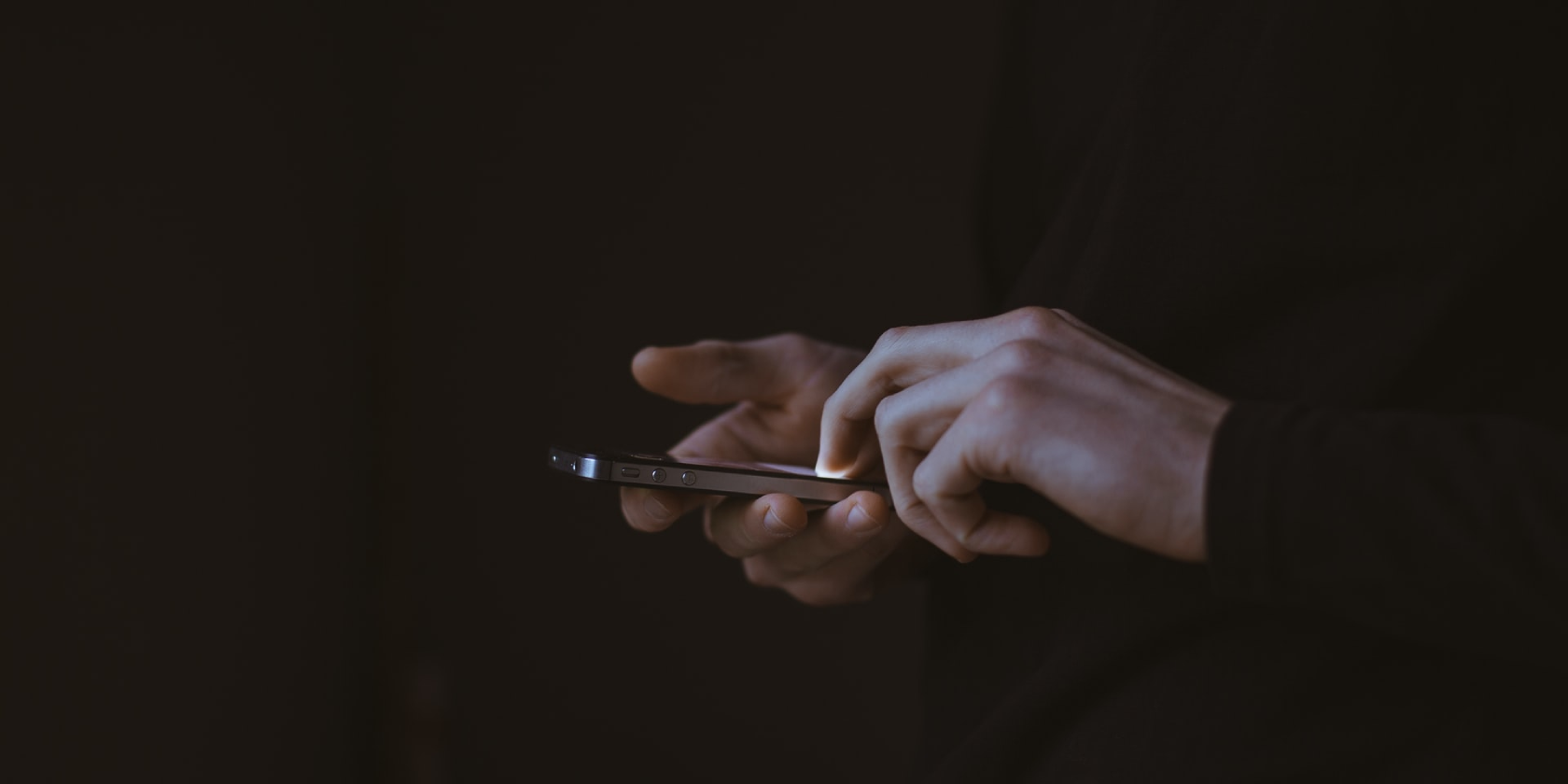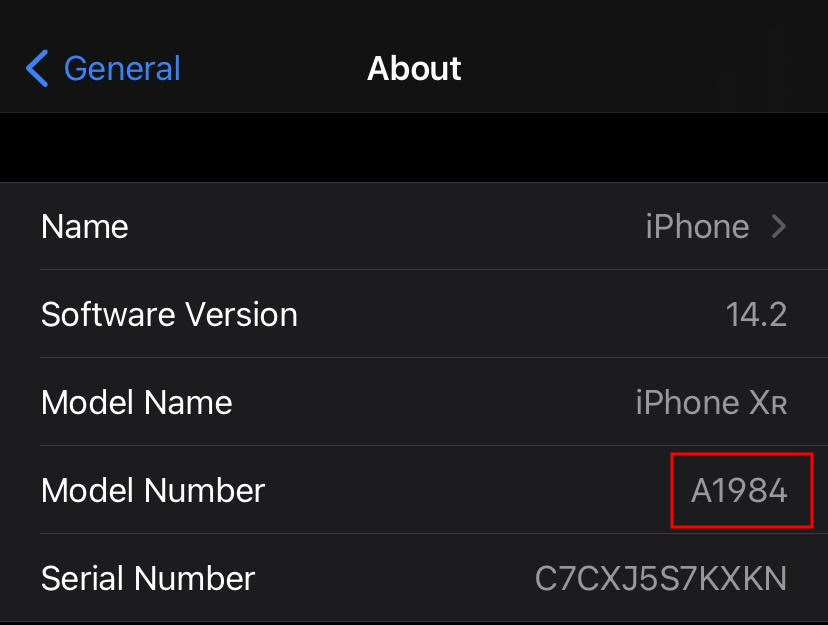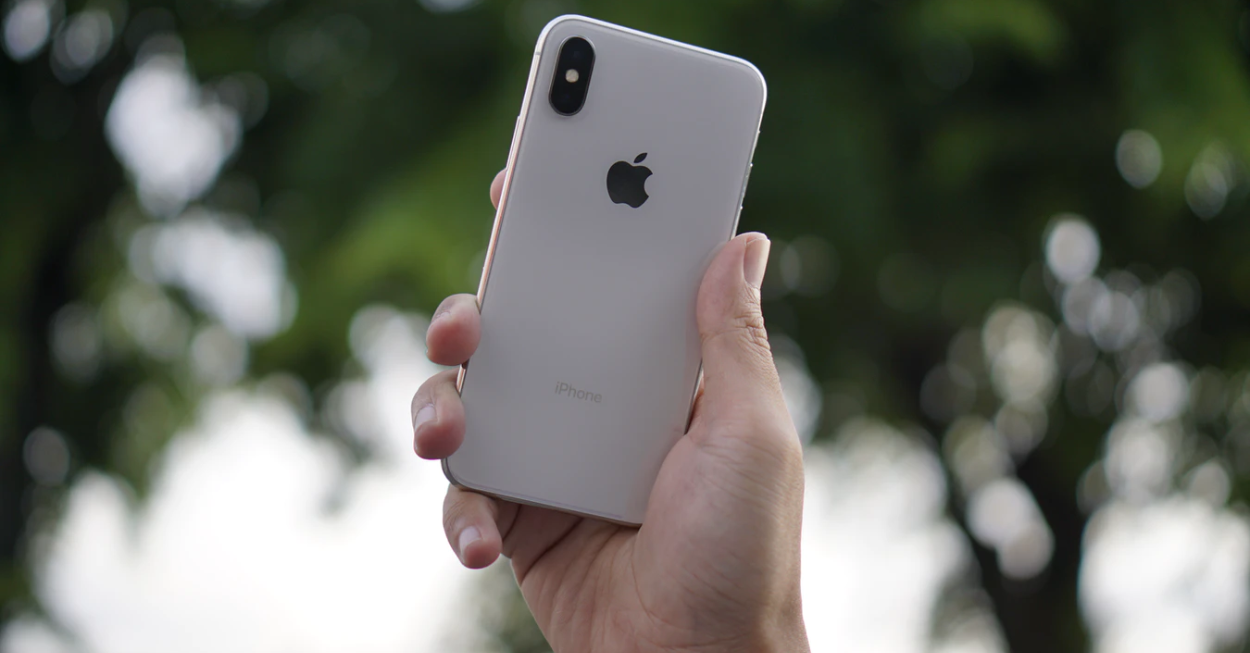Have an iPhone but not sure what model it is? Apple has made it pretty easy to tell which iPhone you have if you know where to look. We'll show you just that.
Follow this guide to learn what model iPhone you have, and anything else you may need to know.
Check the Settings to Find Your iPhone Model Name
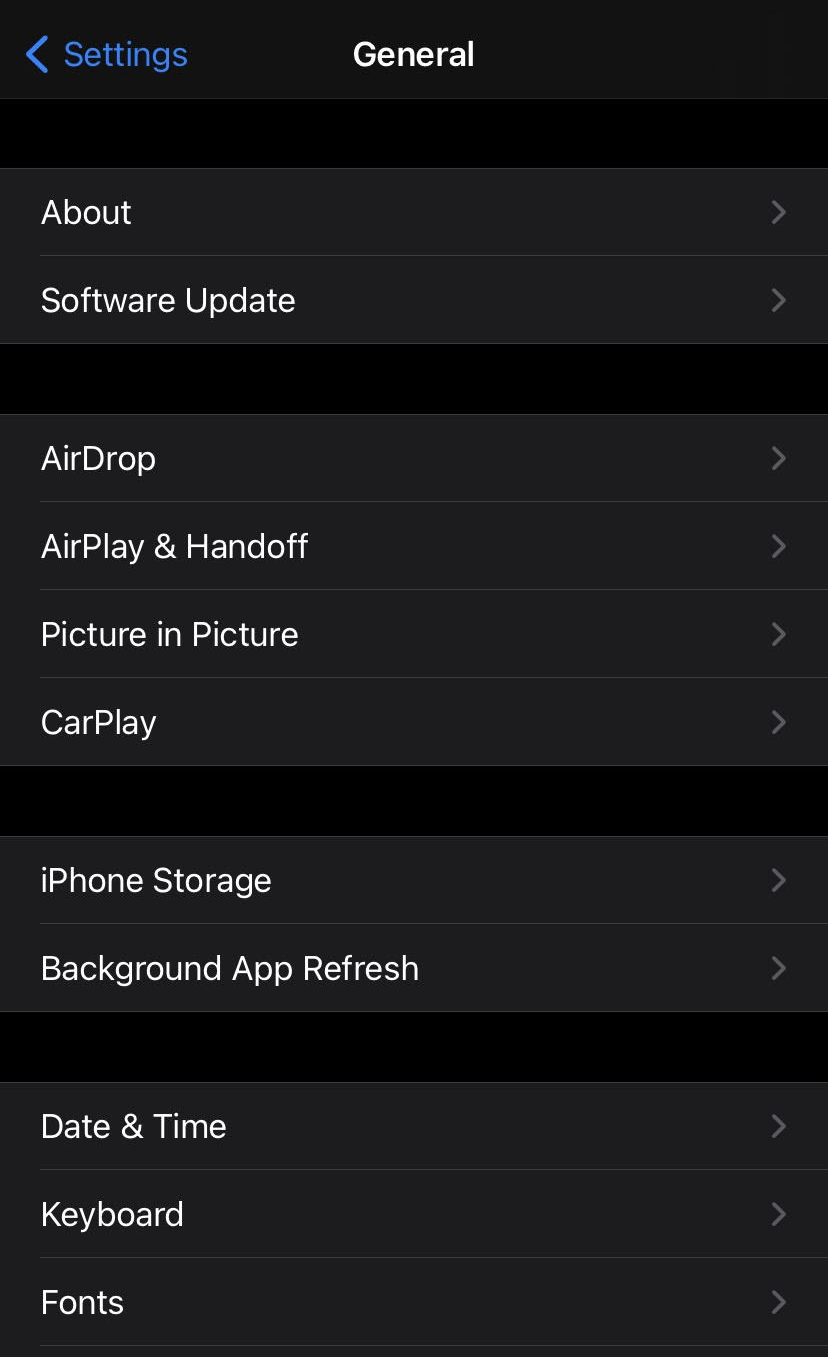
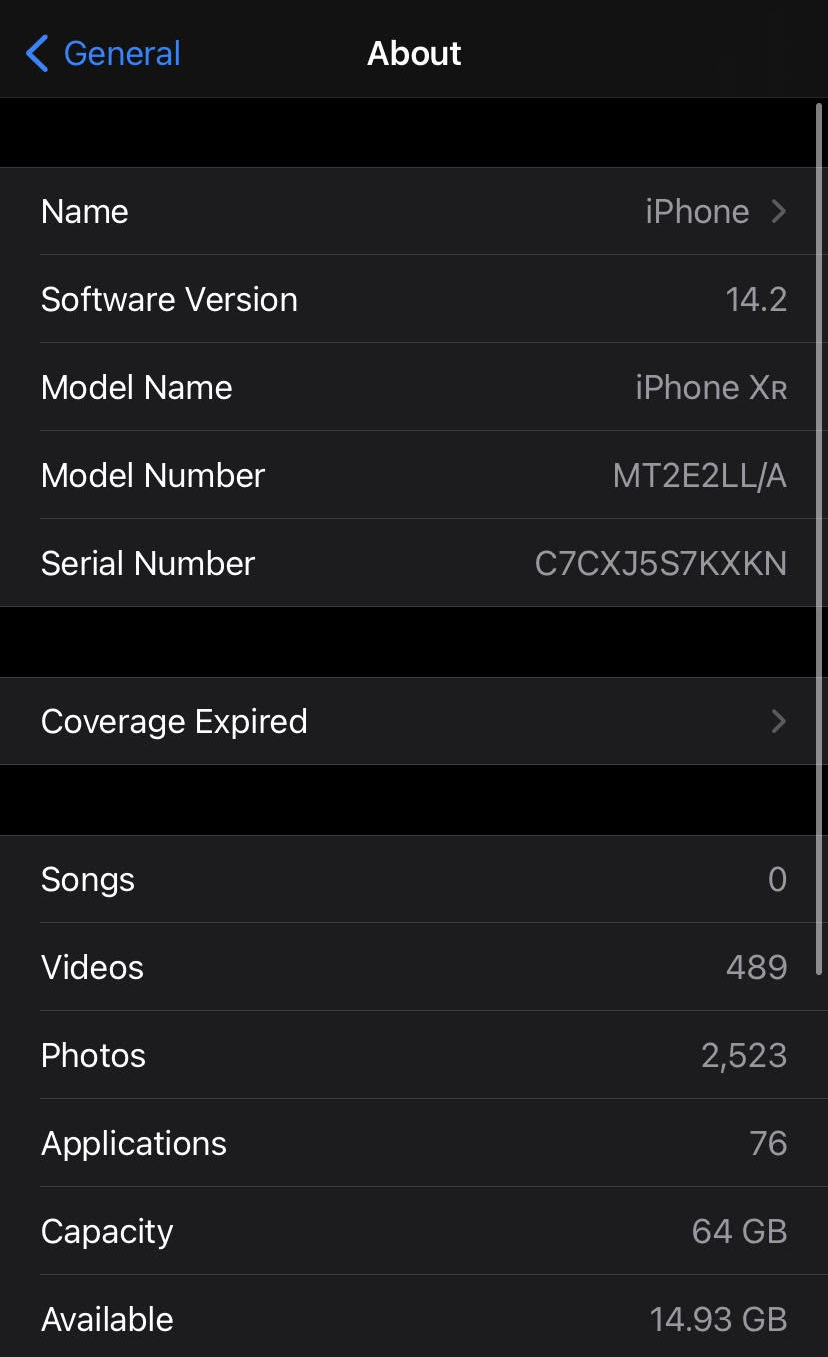
The easiest and most straightforward way to check what iPhone model you have is to head to Settings > General > About. From here you can see the Software Version, Model Name, and Model Number.
The Model Name will tell you the exact model of iPhone you have.
The first character of your Model Number also lets you know what condition your iPhone was sold to you in.
- M: New retail product
- F: Refurbished product
- N: Replacement product
- P: Personalized or engraved product
Tap on Model Number. You'll see it change to a string of characters beginning with an A. Check your model number against Apple's list of iPhones to find out what iPhone model you have. Model numbers vary by region.
Note: You can also check your iPhone's IMEI number Settings > General > About. We've created an in-depth guide explaining IMEI numbers and their importance if you'd like to know more.
More Ways to Tell Which iPhone You Have
Firstly, examine your iPhone. Do you have a Home button?
If so, your iPhone is probably older than the iPhone X, unless you have the iPhone SE (2nd generation).
If you note the absence of a Home button, which means you need to swipe up from the bottom of your display to get to the Home screen, you have an iPhone X or later.
Flip your iPhone over. Do you see a serial number printed on the back? If the answer is yes, you have an iPhone 7 or earlier.
Does your iPhone have flat or curved edges? If they're flat, you've probably got an iPhone 4, an iPhone 5, or an iPhone 12 of some kind.
Is Your iPhone Out of Style?
We hope this guide helped you determine which iPhone model you have! Speaking of iPhone models, not all of them are created equally.
As iPhones grow ever more capable, old models tend to lag behind. Some iPhones don't even support the latest versions of iOS—not only is it frustrating to miss out on useful new features, but it's also a big security risk.
If you've got an older iPhone, make sure you find out if it's obsolete to learn if it still gets updates.

